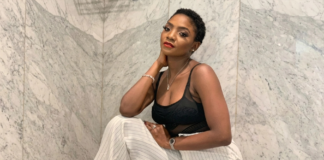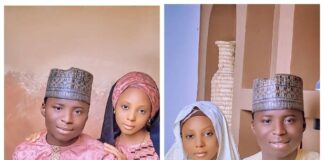The role of free speech in any thriving democracy cannot be overstated—it is the cornerstone of accountability, progress, and inclusion. In Nigeria’s vibrant political and social landscape, young people are increasingly raising their voices to participate in national discourse. But what happens when constructive criticism is met with hostility, or worse, threats to one’s personal safety?
The recent discourse surrounding a youth corps member’s critique of a sitting president highlights the delicate interplay between freedom of expression and political power in the country. While criticism may sometimes sting, suppressing it could lead to larger consequences for national unity and trust in governance. Young citizens, especially those engaged in national service, represent the future of the nation. Their voices, whether critical or commendatory, are pivotal in shaping the trajectory of Nigeria.
The heated reaction to criticism also underscores the need for greater emphasis on the distinction between personal attacks and valid critiques. Encouraging open, respectful, and constructive dialogue is essential. Furthermore, public officials and policymakers must exhibit tolerance, understanding that dissent often springs from a desire for better governance, not an intent to undermine authority.
As we reflect on these issues, it becomes apparent that fostering an environment where young people feel safe to express their opinions without fear of retaliation is crucial. This is not merely a legal matter; it is a cultural shift that prioritizes dialogue over division, and solutions over silencing.

The question then remains: How can we, as a society, nurture this environment? Education, media literacy, and a commitment to democratic principles are key. It’s time to build bridges of understanding and pave the way for a Nigeria where every voice matters.



![Invasion of Ikeja Electric by Nigerian Air Force Caught on Camera [EXCLUSIVE VIDEO]](https://gisthounds.com/wp-content/uploads/2025/03/qq8l75ct.png)

